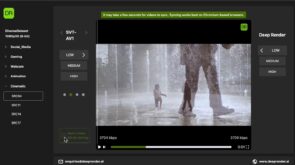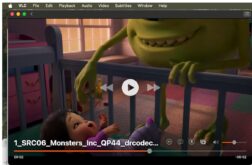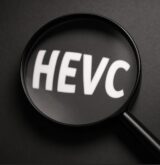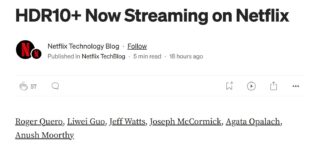A short one. Before my trip to Stockholm last week, I sent a list of questions regarding AV1 to David Ronca, Director of Encoding Technologies at Netflix. As a company, Netflix has been very open and gracious about sharing their opinions and test results, both in their excellent blog posts and in many articles in many publications. Netflix’s scale and encoding expertise make the company a valuable reality check for me and my opinions regarding codecs and codec usage.
Here’s the Q&A, which include questions about deployment schedule, quality, and encoding and decoding complexity.
Ozer: What’s the earliest you would anticipate deploying AV1 to targeted Netflix platforms? How has this changed since we last spoke?
Ronca: Likely early Q2/18. Up to this point, the schedule was pretty speculative. Now, we feel pretty good about it, though there is not much wiggle room.
Ozer: It seems like AV1’s encoding complexity has increased dramatically over the last few months. What’s your observation about that?
Ronca: This is expected as the last tools were added to the encoder. With the tools frozen, we expect the reference code to stabilize and improve over the next months.
Ozer: What’s your best estimate of AV1’s quality as compared to HEVC at code freeze date?
Ronca: As we discussed at ICIP and Demuxed, our comparison results are showing ~25% vs. libvpx at 720p (using PSNR or VMAF). This is very early data, and we need to do more testing.
Ozer: How about encoding complexity as compared to HEVC, VP9, or any other codec you’d prefer to compare it to?
Ronca: We think that initial AV1 computational complexity of 4-10x vs. libvpx would be usable in production. There is a lot of work underway to improve the performance, and we are hopeful that the performance goals will be achieved.
Ozer: Do you have any sense at all about decoding complexity at this point.
Ronca: Not our wheelhouse.
Note that I’ll be running and posting some decode tests in the next couple of days.
 Streaming Learning Center Where Streaming Professionals Learn to Excel
Streaming Learning Center Where Streaming Professionals Learn to Excel









